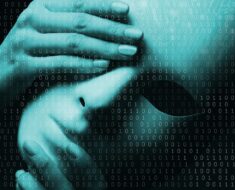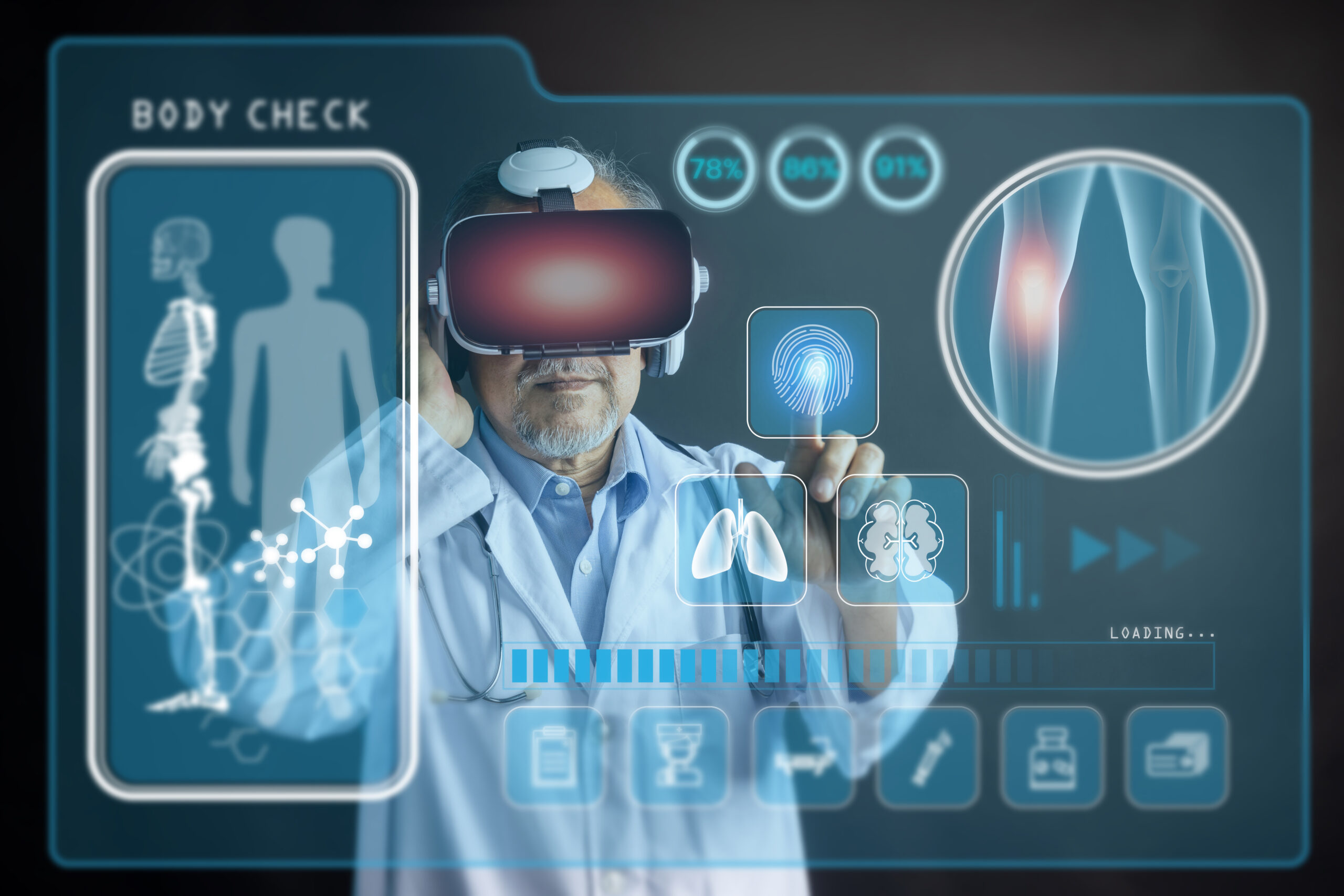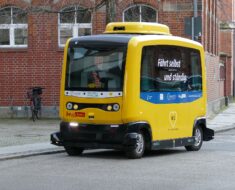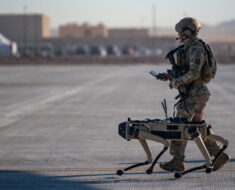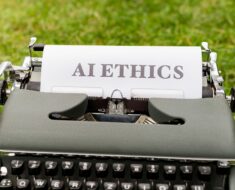For decades, Artificial Intelligence has haunted our collective imagination. From chess-playing supercomputers to chrome androids, it has been a specter of both promise and peril, a mirror reflecting our hopes and fears about what it means to be human. But AI is no longer some intangible future, lurking in the shadows of science fiction. It is here, humming through our smartphones, diagnosing diseases, and composing music.
However, amidst the fanfare of robotic surgeons and self-driving cars, we must pause and ask: is AI merely a virtuoso mimic, expertly replicating human capabilities, or can it compose something entirely new? Can it create a symphony of its own, not an echo of ours?
The answer, like the algorithms that drive AI, is complex and evolving. AI excels at pattern recognition, churning through vast data sets to find hidden relationships and predict outcomes. This power makes it an invaluable tool for research and development, accelerating scientific breakthroughs and optimizing everything from traffic flow to energy consumption. But can it conjure true originality, the spark that ignites creativity and sets it apart from mere calculation?
Perhaps not in the way we expect. While AI may not paint like Rembrandt or write like Joyce, it can access and process information, and even emotions, from across the human spectrum in ways we cannot. It can weave together threads of historical data, cultural nuances, and scientific insights to generate art and ideas that defy categorization. Imagine a poem composed not just of words, but of the collective heartbeat of a city, the scent of blooming flowers, and the echo of laughter across generations. That is the symphony AI might play, a chorus of voices unheard by human ears, yet no less resonant.
This creative potential begs cautious optimism. AI can be a powerful collaborator, amplifying human imagination and pushing the boundaries of what is possible. It can democratize creation, allowing anyone to access and play with the building blocks of art and science. But to avoid a homogenized, machine-generated future, we must remain the conductors, wielding AI’s tools with purpose and awareness. We must nurture our own creativity, ensuring that the human flame doesn’t get extinguished by the cold light of algorithms.
The future of AI, then, is not a preordained script where machines replace us. It is a concerto with both human and artificial notes, a dance of improvisation and collaboration. The question is not whether AI can compose the future, but whether we can compose with it, building a symphony where the unique melodies of humanity and technology intertwine, creating a harmony that transcends our individual limitations. And in that harmonious blend, perhaps we will finally discover what it truly means to be human, not in spite of AI, but because of it.
